By Chidi Chukwutem
Senator Ned Nwoko, representing Delta North senatorial district, has for some time now been advancing what many consider to be constructive, long‐overdue initiatives for the Anioma people, just as his calls for the recognition of their identity, justice and political inclusion have struck a chord across Delta North and beyond.
THE QUESTION IS: Do these intentions merit our support? Based on recent developments, the answer is a resounding Yes.
WHO ARE THE ANIOMA PEOPLE, AND WHAT IS THE ISSUE?
Anioma is a collective term for Igbo‐speaking nine local government areas in Delta State. These include Aniocha North & South, Ika, Ndokwa, Oshimili and Ukwuani. Over the years, there have been persistent claims of marginalisation stemming from colonial border drawing, neglect in resource allocation, underdevelopment of infrastructure, and identity crisis (i.e. Anioma’s connection to Igbo culture being underplayed or denied) especially after the Nigerian Civil War.
WHAT SENATOR NED NWOKO IS DOING
PROPOSING ANIOMA STATE
Senator Nwoko has sponsored a constitutional bill (Senate Bill 481) aiming to create Anioma State from the existing Delta State. The proposed state would include all nine local government areas of Anioma.
GETTING LEGISLATIVE SUPPORT
He has been gathering support among his Senate colleagues: as of mid-2025, he has secured over 95 Senators’ signatures in support of his state creation effort. He has also ensured the bill has passed through first and second reading, and also passed through public hearing both in Uyo, Akwa Ibom state and Enugu.
EMPHASIS ON IDENTITY AND JUSTICE, NOT PERSONAL AMBITION
Senator Nwoko has publicly stated that his push is not about personal power or becoming Governor; rather, it’s about rectifying historical wrongs, giving Anioma people belonging, identity and fair representation. He has said he would like the pioneer Governor of Anioma State to come from the Ndokwa region, which has felt particularly marginalised despite its resource contributions.
CULTURAL REVIVAL AND ERASURE CORRECTION
A core part of his agenda is urging Anioma people to embrace their Igbo heritage — culture, language, history — which he argues has been distorted or separated through colonial boundaries and political manipulation.
MOBILIZATION, STAKEHOLDER ENGAGEMENT
Nwoko has held stakeholder summits, conferences, meetings with traditional rulers, youth, women, community leaders, and other influential bodies to build consensus and awareness.
WHY THESE INTENTIONS ARE WIDELY SEEN AS GOOD
CORRECTING HISTORICAL INJUSTICE:
The arguments about identity, colonial distortions, and marginalization are not new but have been poorly addressed. Senator Nwoko’s effort puts the issue back on the table, pushing for legislative and constitutional means rather than merely rhetoric.
GREATER REPRESENTATION AND RESOURCE CONTROL:
If Anioma becomes a state, there will be more political offices (Governor, Legislature), more direct access to federal allocations, more power to make decisions locally. This could lead to more tailored development (roads, schools, health services, etc.).
RESTORING PRIDE AND CULTURAL SELF-AWARENESS:
Identity matters — communities that feel invisible or mis-represented often have weak cohesion, weak voice. Embracing Anioma’s history and Igbo connections can strengthen internal unity and external representation.
POTENTIAL FOR SUSTAINABLE DEVELOPMENT:
With focused governance, Anioma could better exploit its resources, human capital, geography etc., especially areas like Ndokwa which are resource-rich but under-served. Having a government whose primary constituency is Anioma would mean better alignment of policy to local needs.
WHAT SUPPORT IS NEEDED, AND WHAT ARE THE CHALLENGES
While the intentions are laudable, turning them into reality will require widespread support and collective effort.
UNITY AMONG ANIOMA PEOPLE:
Different communities must agree on the boundaries, political representation, and leadership of the new state. There are also questions about whether the state should be in the South-East or South-South geopolitical zone.
LEGISLATIVE & CONSTITUTIONAL PROCESS:
Getting a bill through multiple readings, public hearings, Senate & House agreement, then assent from the President, is a long democratic bureaucratic process. It needs full compliance of legal and political actors.
AVOIDING POLITICIZATION:
It is important that this remains a collective cause, not reduced to partisan or egoistic quest. Senator Nwoko has on several occasions assured that his motive is not personal ambition.
SHOULD ANIOMA PEOPLE SUPPORT HIM?
The answer is Yes. Senator Ned Nwoko’s intentions are in line with long-standing demands for justice, recognition, development and identity. His efforts are legislative and structural, not just symbolic. For Anioma people, this could be a moment to reclaim what history, politics and neglect have denied.
Support should come with active engagement: asking questions, ensuring accountability, participating in public events, governance structures, and ensuring that the benefits, especially for less visible parts (like Ndokwa), are not exploited by a few.
If these efforts succeed, Anioma State as envisioned could help correct imbalances, foster development, revive culture, and give Anioma people a stronger voice in Nigeria. So, supporting Senator Nwoko does seem, in many respects, to be supporting a cause worthy of achievement.
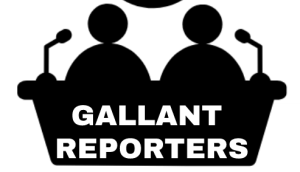
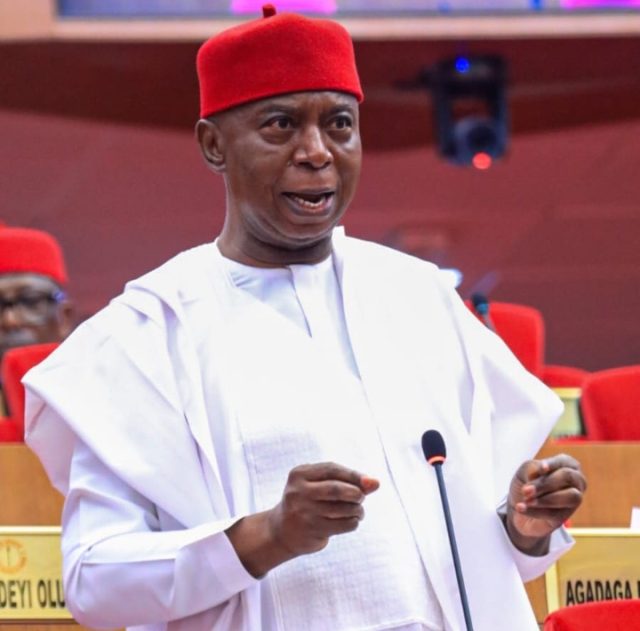
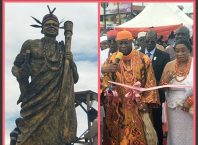
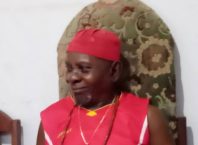
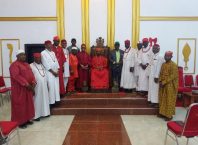




Why Delta North Needs a Ranking Senator With Experience, Legislative Expertise...